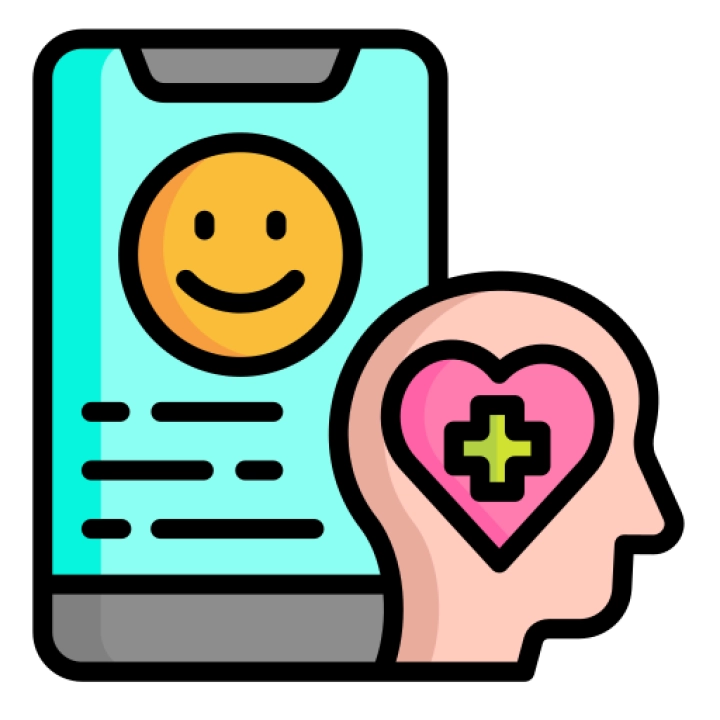College: Health Programs
This specialization focuses on the practical application of psychological principles to solve real-world problems. Students will study human behavior, mental processes, and psychological interventions across various environments, such as healthcare, education, business, and community organizations. The program integrates theoretical knowledge with practical experience to prepare students for careers in counseling, human resources, research, and mental health services.
Learning Objectives:
- Understand and apply psychology principles in diverse fields.
- Develop skills in assessing and addressing psychological issues among individuals and groups.
- Learn techniques for designing and implementing psychological interventions.
- Explore the role of psychology in enhancing mental health, well-being, and performance.
- Analyze ethical and cultural considerations in applied psychology.
- Develop critical thinking and problem-solving skills to address contemporary psychological challenges.
Main Curriculum:
- Introduction to Applied Psychology - Overview of the field, its history, and its significance in solving real-world problems.
- Psychological Assessment and Diagnosis - Techniques for evaluating mental health, behavior, and cognitive performance.
- Counseling and Therapeutic Interventions - Principles of counseling and evidence-based therapeutic approaches.
- Organizational Psychology - The application of psychology in work settings, including employee behavior and organizational development.
- Health Psychology - The role of psychology in promoting physical and mental health and managing chronic illnesses.
- Educational Psychology - Application of psychological principles to enhance learning and development in educational settings.
- Community and Social Psychology - Strategies for addressing social issues and improving community well-being.
- Emerging Trends in Applied Psychology - Integrating technology, neuroscience, and cultural competence in psychological practice.
Methods of Assessment:
- Case studies and practical projects.
- Written assignments and research papers.
- Presentations on psychological interventions and assessments.
- Participation in group discussions and debates on contemporary issues.
Recommended Textbooks:
- "Applied Psychology: Putting Theory into Practice" by Debra Pickering and Archie Levy.
- "Introduction to Clinical Psychology" by Jeffrey B. Kremer, Douglas A. Bernstein, and Vicky Wares.
- "Industrial/Organizational Psychology: An Applied Approach" by Michael G. Aamodt.
Prerequisites:
Basic knowledge in psychology, sociology, or related fields.
Duration of the Program:
Four years, combining lectures, practical training, and internships.
Certification:
Degree in Applied Psychology, depending on the program.
Target Audience:
Undergraduate and graduate students in psychology, counseling, or related fields, and professionals seeking to enhance their skills.
This specialization prepares students to apply psychological principles in diverse environments, leveraging theoretical knowledge, practical skills, and emerging trends to improve mental health, well-being, and performance.



